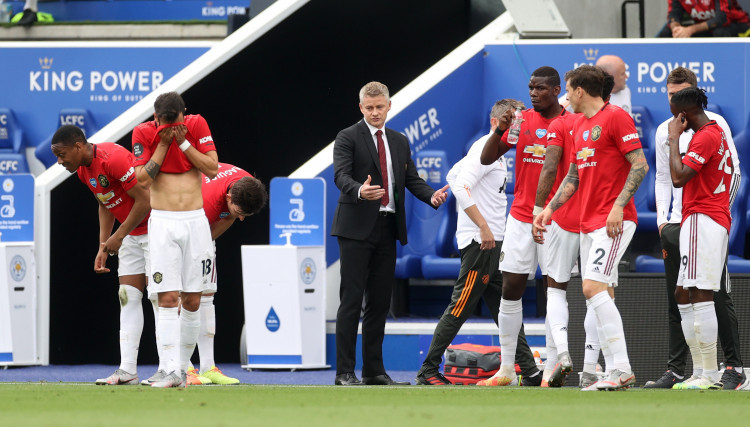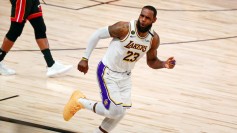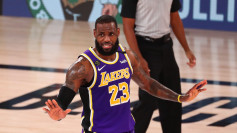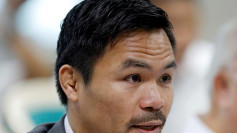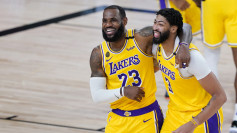During the heated FA Cup quarter-final between Manchester United and Liverpool at Old Trafford, a spate of arrests was made, highlighting the zero-tolerance approach of the Greater Manchester Police (GMP) towards unruly fan behavior. Among the arrested were two Manchester United fans, aged 21 and 59, specifically taken into custody for engaging in offensive tragedy chanting, a matter that has since ignited considerable controversy and discussion within the football community.
In total, eight arrests were made at the match, encompassing a range of offenses from possession of class A drugs among three Liverpool fans, to pitch encroachment and racially aggravated public offenses by United supporters. Additionally, George Fenning, a 39-year-old from Edinburgh, faces charges including possession of a class B drug and possession of a pyrotechnic, underscoring the varied nature of the misdemeanors that day.
Chief Inspector Jamie Collins, the silver commander for the match, emphasized the proactive stance taken by the GMP to ensure a safe environment for all attendees. Highlighting the collective pre-match agreement between supporter groups from both sides that tragedy chanting was indefensible, Collins warned of stern actions against such behavior, irrespective of club allegiances.
The police efforts extend beyond the arrests, as efforts are underway to identify another individual implicated in tragedy chanting, spurred by widely circulated social media footage. This incident, along with the arrests, serves as a stark reminder of the ongoing challenges football faces in eradicating hateful and divisive behaviors from the stands.
The actions taken by the GMP and the ensuing legal proceedings against those charged reflect a broader initiative within football to foster a more inclusive and respectful sporting culture. As football clubs and law enforcement continue to collaborate, the message is clear: there is no place for hatred in football, and those who fail to adhere to this principle will face the full force of the law.
With a turnout of approximately 72,000 fans at the match, which saw Manchester United secure a 4-3 victory over Liverpool, the spotlight on fan conduct has never been brighter. The arrests and subsequent charges not only aim to penalize those at fault but also serve as a deterrent to others, reinforcing the collective responsibility of fans to uphold the spirit of the game.
As the football community reflects on the events at Old Trafford, the consensus is clear: while passion and rivalry are integral to the sport, they must never cross the line into disrespect or discrimination. The continued efforts of clubs, police, and fans themselves are crucial in maintaining the integrity and enjoyment of the game for everyone involved.
